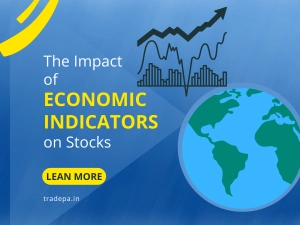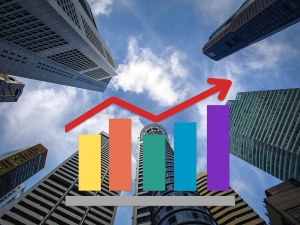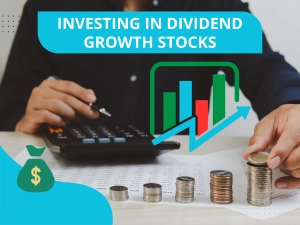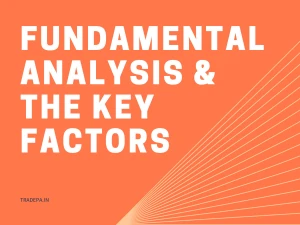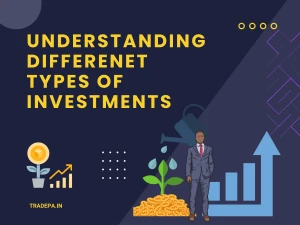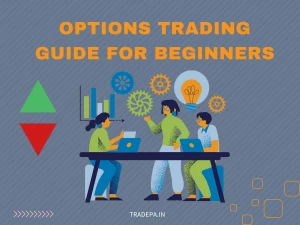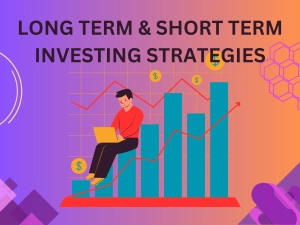Is Trading a Gambling? All the Facts You Need to Know!
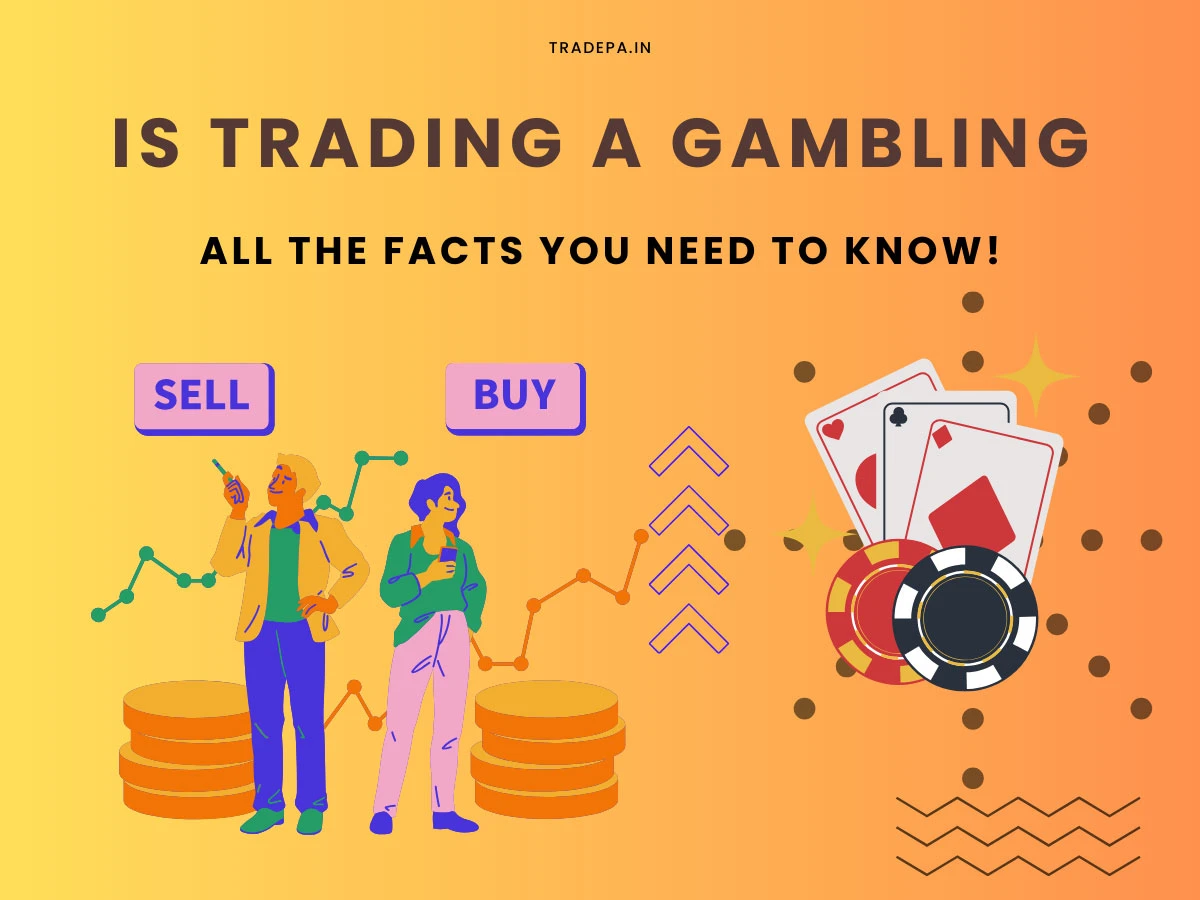
Trading and gambling are two terms often intertwined but with distinct differences. Let's clear the air. Trading comprises purchasing and selling financial instruments such as stocks or forex to profit from market movements. Conversely, gambling typically involves games of chance or risk, betting on outcomes with uncertain results. However, there's a common misconception that trading is just another form of gambling. This article will uncover the truths behind these perceptions and misconceptions.
Understanding Trading
First things first, what exactly is trading? It's like a marketplace where people buy and sell different financial products. Stocks, currencies in the foreign exchange market (forex), and digital currencies like Bitcoin fall under this umbrella. Unlike investing, which often involves buying assets for the long term, trading is about short-term gains, profiting from price changes in these assets. It's a fast-paced world where timing and strategy play crucial roles.
Similarities Between Trading and Gambling
At a glance, trading and gambling share a few common threads. Both involve risks and uncertainties. Emotions also play a significant role in both realms, impacting decision-making. And let's remember the importance of strategy, whether at a poker table or in the stock market; having a plan is key. However, despite these similarities, the two have fundamental differences, which we'll explore further. Stay tuned as we unravel the distinctions and shed light on the misconceptions surrounding trading and gambling.
Grasping these facets will give you the tools to navigate the financial landscape more confidently and make well-informed choices.
Key Differences
Trading isn't a roll of the dice; it's more like a chess game. One of the significant differences lies in the approach. Trading involves an analytical approach, relying on research, market analysis, and trends to make decisions. While it might seem like traders aim for quick gains, many adopt a long-term perspective, focusing on sustainable growth rather than instant wins. Unlike gambling, information and analysis become potent tools in the trading arsenal, where outcomes often rely on chance.
| ASPECT | TRADING | GAMBLING |
|---|---|---|
| Approach | Analytical approach based on research and analysis | Often relies on chance or luck |
| Time Perspective | Can involve long-term strategies for sustainable growth | Typically focuses on short-term gains or outcomes |
| Information Influence | Relies on information, trends, and market analysis | Outcomes largely influenced by chance or randomness |
| Psychological Mindset | Emphasis on data, probability, and analysis | Often involves the gambler's fallacy and emotions |
| Risk Management | Involves strategies to manage and mitigate risks | Outcomes primarily based on chance |
| Regulatory Framework | Governed by specific regulations and oversight | Regulations vary widely based on region and type |
| Social Perception | Viewed as a calculated approach to financial markets | Often associated with addiction and negative stigma |
| Purpose | Aims for wealth building through informed decisions | Primarily focused on entertainment or chance-based thrill |
Psychological Aspects

Have you ever heard of the gambler's fallacy? It's the belief that past events influence future outcomes, a trap many gamblers fall into. Traders, however, cultivate a different mindset based on data, analysis, and probability. Emotional control and discipline are vital traits for traders. Handling wins and losses is part of the game, and maintaining composure during both is crucial. Understanding these psychological aspects can make a difference between trading and gambling.
Financial Considerations
Managing risk is a core principle in trading. Strategies like diversification and setting stop-loss orders help mitigate potential losses. Unlike gambling, where outcomes are purely chance-based, expected returns are calculated based on analysis and risk management in trading. Plus, the impact on personal finances and wealth building in trading can be significant when approached responsibly.
Understanding the regulatory framework, the importance of education, and the social perceptions surrounding trading versus gambling is essential for anyone considering stepping into the financial markets. By highlighting these facets, we aim to clarify misconceptions and empower individuals to engage in responsible trading, making informed decisions that align with their financial goals.
Regulatory and Legal Framework
When it comes to trading, regulations play a pivotal role. Various governing bodies oversee financial markets to ensure fair play, transparency, and investor protection. Licensing and oversight are mandatory for traders and brokerage firms to operate legally. On the other hand, the legal aspects of gambling often vary widely, with different rules and regulations in different regions.
Education and Skill Development

Education forms the cornerstone of successful trading. Understanding the markets, learning different strategies, and staying updated with the latest trends are crucial. Ongoing learning and skill refinement are essential in this constantly evolving terrain. Professionalism in trading goes beyond luck; it's about honing skills and making informed decisions.
Social Perception and Stigma
Traders and gamblers may face different societal perceptions. While gambling is often associated with addiction and negative connotations, traders, especially those who approach it responsibly, are seen as individuals making calculated moves in the financial realm. Shifting these perspectives involves creating awareness about the distinctions between trading and gambling and emphasizing the importance of informed decision-making.
Trading became gambling when:
Here are some points when trading can start resembling gambling:
- Lack of Strategy: When there’s no clear plan or strategy, decisions are made impulsively without considering market trends or analysis.
- High Emotion and Impulse: When emotions like fear or greed drive decision-making rather than rational analysis, leading to impulsive trades.
- Ignoring Risk Management: When traders overlook risk management practices, such as setting stop-loss orders or diversification, exposing themselves to significant losses.
- Reliance on Luck or Chance: When traders depend solely on luck or rumors rather than factual information and analysis to make trading decisions.
- Short-Term Focus Only: When investments prioritize fast gains over long-term sustainability and growth.
- Excessive Leverage: When traders borrow too much money to invest, they amplify gains and losses significantly, similar to high-stakes gambling.
- Overtrading: When traders excessively execute trades, driven by the need for constant action rather than strategic, well-thought-out decisions.
- Ignoring Education and Research: When traders need to educate themselves about the market or specific assets, they make uninformed or speculative decisions.
- Chasing Losses: When traders attempt to recover losses quickly by making high-risk trades without proper analysis, similar to chasing losses in gambling.
- Not Adhering to Discipline: When traders don’t stick to their own rules or trading plans, behaving erratically and unpredictably in the market.
Conclusion
In conclusion, while trading and gambling might share similarities, they diverge significantly in approach, mindset, and outcomes. It’s crucial for anyone intending to enter the financial markets to comprehend these distinctions. By emphasizing informed decision-making, responsible trading practices, and the significance of education, this article aims to empower beginners to navigate the trading world confidently. Remember, trading isn’t gambling; it’s a calculated and informed strategy to build wealth and achieve financial goals.

